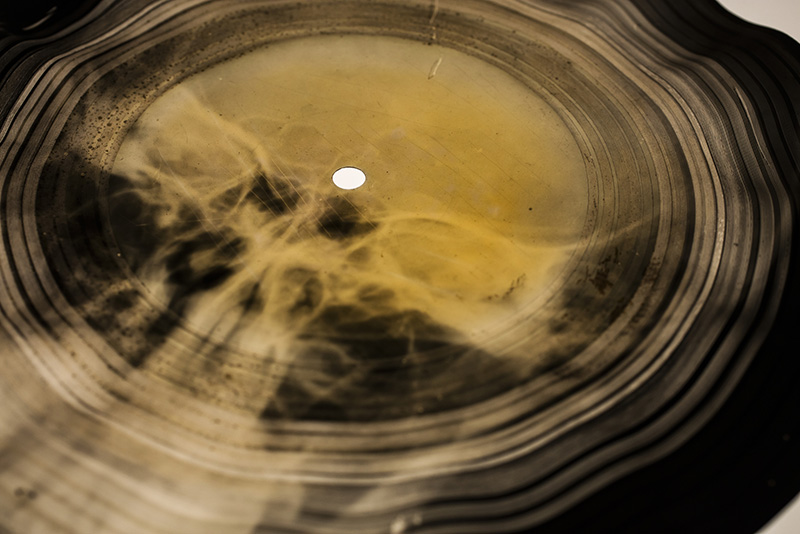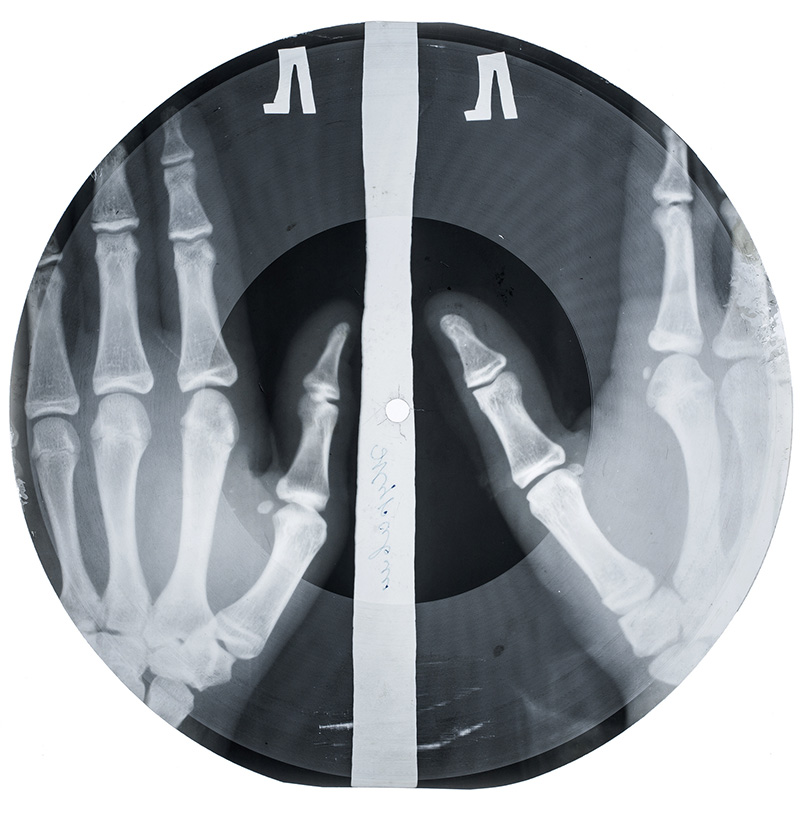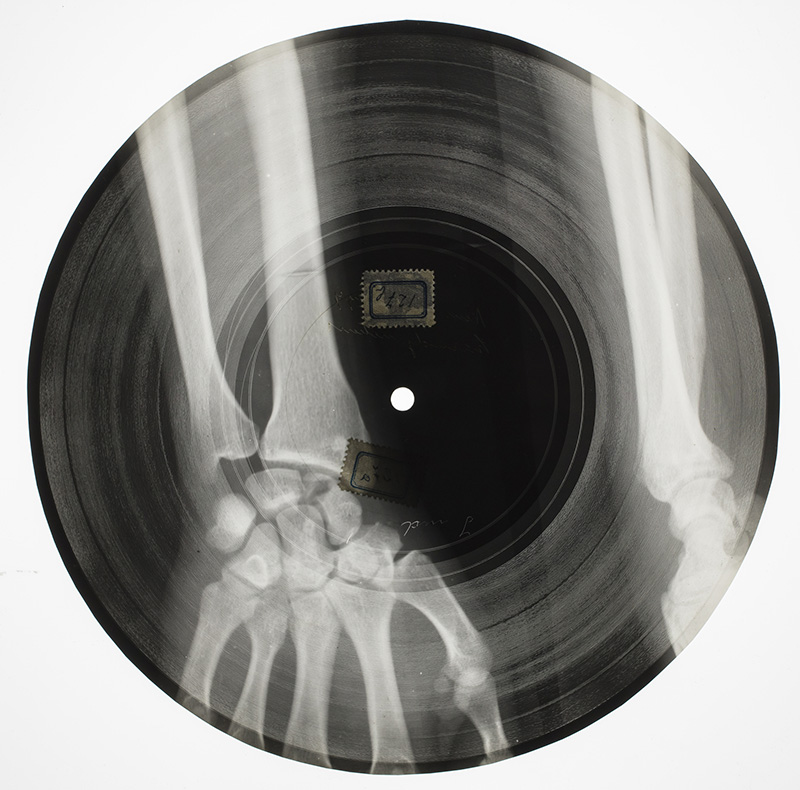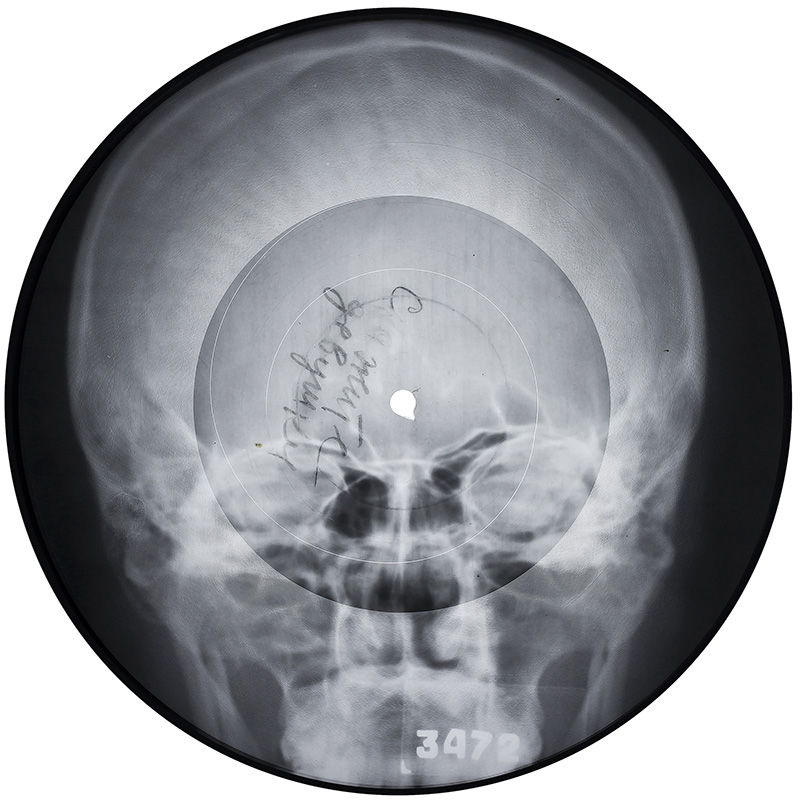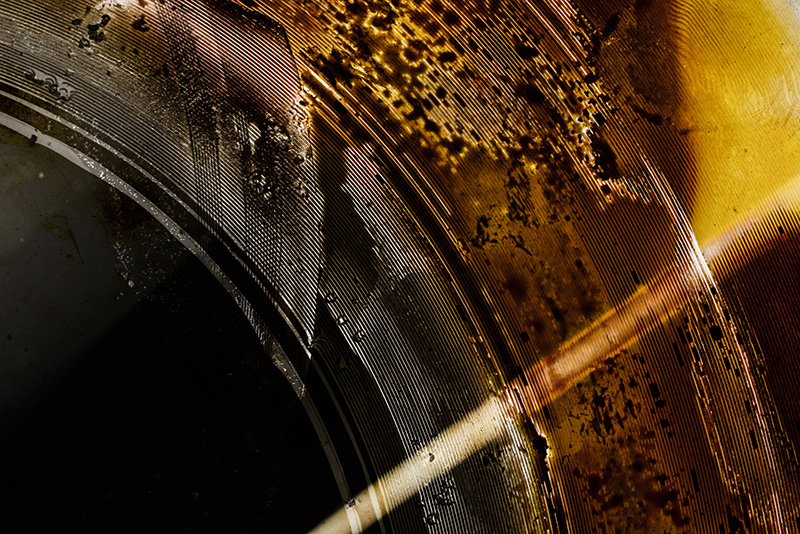ART CITIES:Moscow-Bone Music
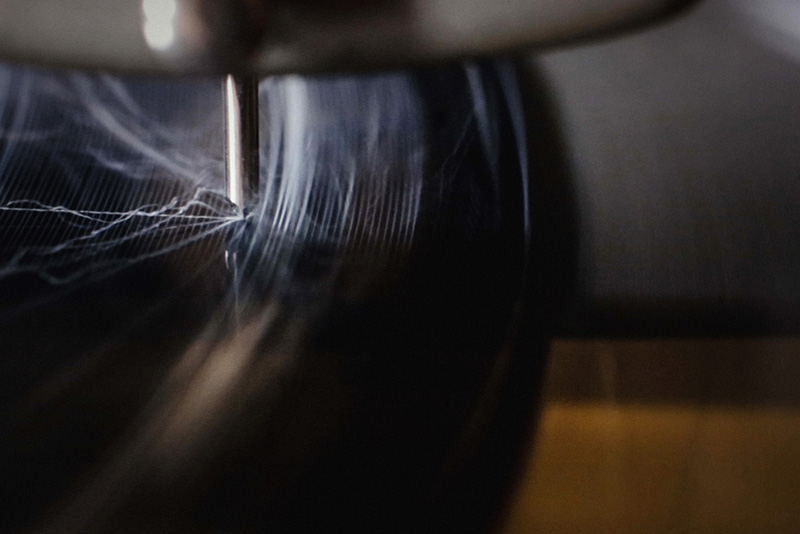 The period 1946 to 1964, a time when the recording industry in Soviet Union was controlled by the State, music lovers and bootleggers discovered an extraordinary alternative means of reproduction, they learned to re-purpose used x-ray film as the base for making their own records. They were strange, vinyl type flexi-discs, called “bones” or “ribs” and contained music forbidden by the Soviet censor.
The period 1946 to 1964, a time when the recording industry in Soviet Union was controlled by the State, music lovers and bootleggers discovered an extraordinary alternative means of reproduction, they learned to re-purpose used x-ray film as the base for making their own records. They were strange, vinyl type flexi-discs, called “bones” or “ribs” and contained music forbidden by the Soviet censor.
By Dimitris Lempesis
Photo: Garage Museum Of Contemporary Art
The exhibition “Bone Music” at Garage Museum of Contemporary Art in Moscow examines a unique episode in postwar Soviet history. The illegal copies of banned music on used X-ray film by Soviet music lovers made illegal copies. Their recordings were not limited to Western jazz and rock-n-roll, but also featured Russian émigré music, as well as popular prison and gypsy songs. Putting their freedom at risk, Soviet bootleggers brought some of the hits of the era to a broader Soviet audience and added an exciting chapter to the history of samizdat. Their craft died out in the mid-1960s with the introduction of reel-to-reel recorders, but left a legacy of sonically and visually unique artifacts. The exhibition at Garage presents research by the X-Ray Audio project (London). Along with the original recordings on x-ray film, visitors will hear the stories of people who made, distributed and played them. The installation produced for the Moscow exhibition features ephemera of the period immersing the audience in an atmosphere where underground technology, forbidden culture, recycling, Cold War politics, and human ingenuity intersect. It reveals the unintentional beauty of the rare “bone music” disks and accentuates the accidental aesthetics of these artifacts of clandestine production, born out of necessity.
Info: Curators: X-Ray Audio (Stephen Coates & Paul Heartfield), Garage Museum of Contemporary Art, 9/32 Krymsky Val, 119049, Moscow, Duration: 14/8-5/10/17, Days & Hours: Daily 11:00-22:00, http://garagemca.org
